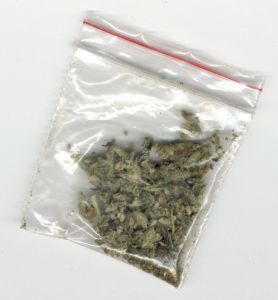No Reason Given for West Hollywood raids on Medical Marijuana Dispensaries
The Mercury News reports that federal officials from the Drug Enforcement Administration raided two West Hollywood medical marijuana dispensaries and took one person into custody.
Our medical marijuana defense lawyers in San Jose and Los Angeles continue to move aggressively to protect the rights of growers, dispensaries and patients. We encourage all dispensary owners in San Jose, Los Angeles or the surrounding area to make a confidential appointment with an experienced law firm. Those that are standing up and fighting for their rights in a proactive manner have enjoyed several court victories and we believe they will have the best chance of long-term survival.

As we reported on our Marijuana Lawyer Blog the Obama Administration has ordered federal authorities not to concentrate on marijuana enforcement efforts in states where medical marijuana is legal. However, the IRS has become more active in singling out dispensaries for audits and some state and federal authorities continue to hassle even the most reputable establishments, the vast majority of which are doing everything possible to operate legally under state law.
The Los Angeles Police Department and the Los Angeles Sheriff’s Office participated in the raid. A spokeswoman with the DEA would not say what led to the raid or what was seized. Presumably they had a warrant, which would have required them to outline their case to a judge. The secrecy is needless and just another example of the pointless and heavy-handed tactics of law enforcement.
The targeted dispensaries are among four that the city of West Hollywood permits to operated. The city was one of the first in California to regulate marijuana sales.
Continue reading
 Cannabis Law Group's Medical Marijuana Legal Blog
Cannabis Law Group's Medical Marijuana Legal Blog













